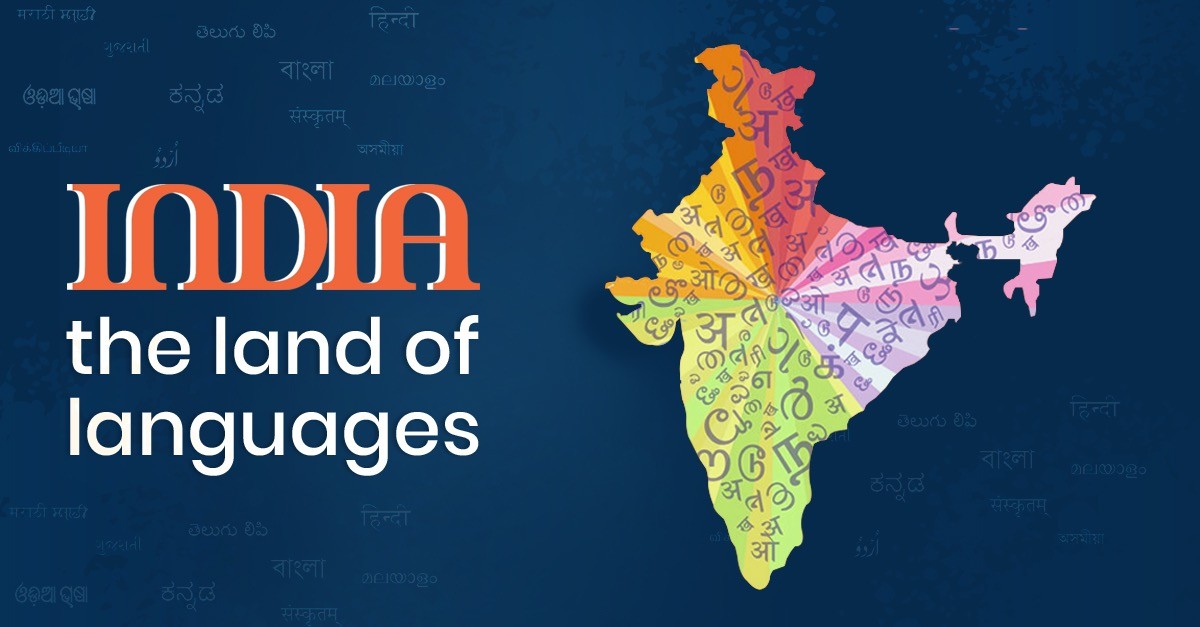Languages are the heart of human communication, but some go beyond their everyday use, carrying with them a rich history, profound cultural significance, and enduring literary traditions. These languages are often classified as classical languages, a status that honors their unique contributions to civilization. This article delves into the criteria, reasons for classification, and the importance of preserving classical languages.
What Makes a Language Classical?
A classical language is one that has transcended time, not merely as a mode of communication but as a vehicle for preserving the thoughts, beliefs, and achievements of ancient societies. The classification of a language as “classical” follows certain criteria that are recognized globally by scholars and governments. These include:
- Historical Antiquity: The language must have a long history, generally spanning over 1,000 years or more. Classical languages are often linked to ancient civilizations and contain a documented literary tradition that offers insights into the lives and thoughts of people from that era.
- Rich Literary Tradition: A classical language is marked by a vast and enduring body of literature. This literature is not only voluminous but also sophisticated, featuring religious texts, philosophical writings, poetry, drama, and scientific treatises. The depth of its literary contributions distinguishes it from other languages.
- Cultural Significance: Classical languages serve as the cornerstone of a community’s or nation’s cultural and historical identity. They are often tied to significant events, religious traditions, and intellectual movements that shaped a civilization. For example, Sanskrit in India, Latin in Europe, and Ancient Greek have deeply influenced religion, philosophy, and science.
- Influence on Other Languages: Classical languages frequently serve as the foundation for modern languages. Latin, for instance, is the root of the Romance languages like Spanish, French, and Italian. Sanskrit has influenced many modern Indian languages, and its vocabulary is still used in religious and philosophical contexts.
Also Read: उत्तर कोरिया के नेता किम जोंग ने दक्षिण कोरिया को दी परमाणु हमले की धमकी
Why Are Languages Classified as Classical?
There are several reasons why certain languages are classified as classical. Each reason highlights the importance of these languages in shaping human history, culture, and intellect.
- Preserving Cultural Heritage: Languages classified as classical are seen as the keepers of a nation’s cultural memory. The texts, inscriptions, and oral traditions contained in these languages offer a window into ancient societies. By granting classical status, governments and institutions aim to protect and preserve these languages for future generations, ensuring that the cultural and historical knowledge they hold is not lost.
- Recognition of Literary Excellence: The literary works produced in classical languages are often timeless, reflecting the intellectual brilliance and creativity of their speakers. These works inspire not only later generations of writers and thinkers but also help shape the core philosophies, legal systems, and values of societies today. Recognizing a language as classical honors these contributions.
- Promoting Scholarly Research: Classical languages are subjects of academic study around the world. Scholars study ancient texts in their original form to better understand the civilizations that produced them. This research helps to preserve the languages, while also contributing to various fields such as history, philosophy, linguistics, and anthropology.
- Building National Pride and Identity: Governments often classify languages as classical to reinforce national pride and cultural identity. For example, India has classified several languages, such as Tamil, Sanskrit, and most recently, Marathi, Assamese, Bengali, Pali, and Prakrit, as classical languages. This classification celebrates the deep cultural roots of the country and encourages the continued study and use of these languages.
- Encouraging Global Recognition: By classifying a language as classical, it gains international recognition, inviting scholars and institutions worldwide to engage with the language and its heritage. This fosters global cultural exchange and awareness of the language’s impact on world civilization.
Examples of Classical Languages
Several languages around the world have earned the status of classical due to their historical importance and rich legacy:
- Latin: Once the language of the Roman Empire, Latin is the ancestor of the Romance languages and a foundational language for Western literature, science, and religion.
- Sanskrit: Known as the language of ancient Indian scriptures and philosophical texts, Sanskrit is central to Hinduism, Buddhism, and many Indian cultural traditions. It has significantly influenced the development of several modern Indian languages.
- Ancient Greek: The language of Homer, Plato, and Aristotle, Ancient Greek shaped Western philosophy, drama, and the sciences. It has had a lasting influence on modern European languages and academic terminology.
- Chinese (Classical Chinese): The ancient written form of Chinese has served as the literary and cultural standard for East Asia. Classical Chinese texts are central to Confucianism, Taoism, and Chinese philosophy.
- Tamil: One of the oldest surviving classical languages, Tamil boasts a rich literary tradition dating back over 2,000 years. It is still spoken today, particularly in southern India and Sri Lanka.
- Arabic: Classical Arabic is the language of the Quran and has had a profound influence on Islamic culture and theology. It continues to be studied for its literary and religious importance.
The Role of Governments in Preserving Classical Languages
Governments play a pivotal role in the preservation and promotion of classical languages. By granting classical status, governments often initiate programs to conserve the language through educational systems, funding for research, and cultural promotion. In India, for example, the government provides special grants to promote classical languages in academia and the arts.
In addition to academic promotion, governments may also use classical languages in official functions, religious ceremonies, and festivals to maintain their relevance in modern culture. This ensures that these languages, though no longer spoken as everyday languages, remain alive in their cultural contexts.
Classifying a language as classical is a recognition of its deep historical roots, its rich literary heritage, and its lasting cultural significance. These languages connect us to our past, offering insights into ancient civilizations and their contributions to modern society. As custodians of human knowledge and culture, classical languages are treasures that deserve protection, study, and celebration for generations to come. By continuing to preserve and promote them, we ensure that the wisdom and beauty they contain remain a part of our global heritage.











